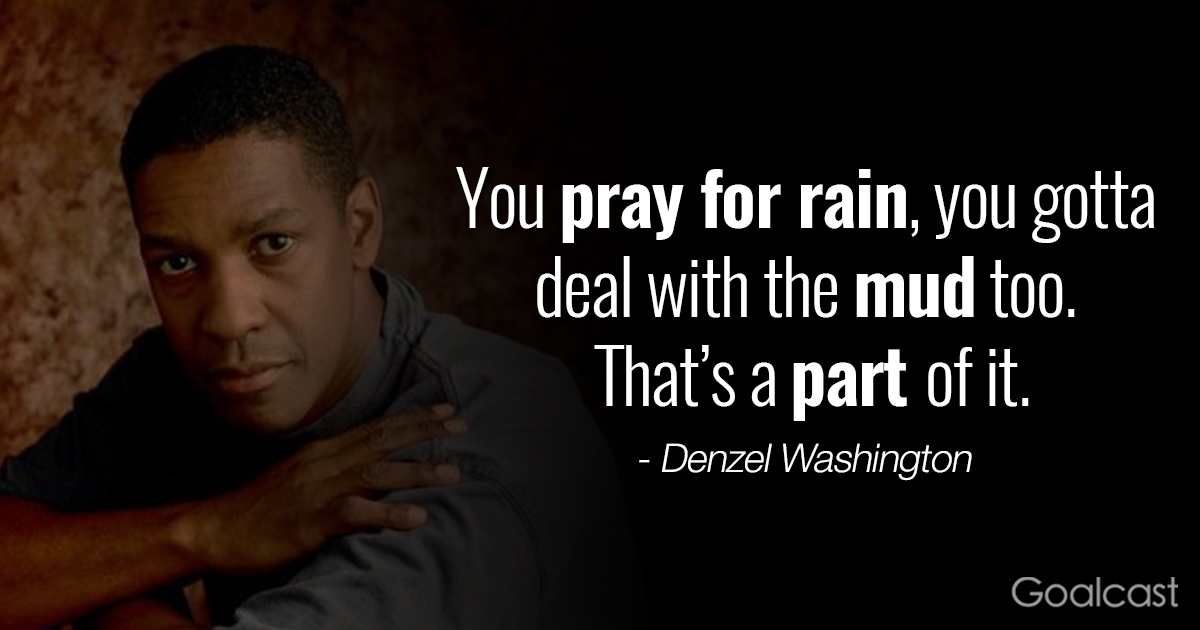As I write this Sunday, demonstrations are taking place in Tel Aviv and Jerusalem. The self employed are disgusted at the government’s response, or lack of, in helping small businesses survive the corona fall out. To give some perspective, on Friday, the Ministry of Finance had announced a third set of proposals, which like its predecessors seemed to be designed to help as few people as possible.
These measures were prompted by a heart breaking appeal from a falafel booth owner in Ashdod. His video had gone viral: He explained that he has paid taxes all his life, that corona has destroyed what he built up with his bare hands, but that the criteria for financial support means that he will receive zilch.
The Prime Minister called the man. The politician assured him that he would personally ensure that he would get through. Hmm. Anything to do with the fact that the stall owner comes from the boss’s core voting caucus? But lesson number one, albeit learned sub-consciously, go viral and embarrass the top!
My work as a business mentor has led to talk to tens of organisations in the past month, particularly in the Jerusalem region. Part of this effort has been sponsored by the Ministry of Immigration, seeking to help those newcomers who have been enterprising enough already to launch a business.
These people know long before I voice my suggestions that the government’s main support is through loans, which only encourages more debt! And even if you were to qualify for one of the schemes – for example, you can only claim up to 16% of the previous year’s sales(!?!?) – but you go broke, the bank will come looking for you. What’s wrong with that? The government guarantees at last 85% of each loan.
With hindsight, the operations that I have been dealing with have come to an understanding; 3 sentences that can be uttered in the same breath.
- Yes, we all recognise the tragedy that the virus has forced on thousands around the globe.
- No, we are not waiting around for public support, usually espoused by well-meaning bureaucrats, who would not know a VAT form if it was stuck to their face.
- Yes, and here’s the difference. Corona is not a challenge. It is an opportunity! Just test your ideas faster and move on out quicker!!
Everyday, I am involved with more and more examples of this approach.
- A studio for the performing arts has launched an online mentoring course to improve self-confidence and self-awareness, core elements of what it teaches anyway.
- A book publisher, which relied on a third party distributor, is now rapidly creating an alternative solution via digital marketing.
- Two separate financial advisory services have identified niche markets that probably have always existed, but they now realise how these can be approached.
- A national NGO has overhauled its procedures, ensuring staff and beneficiaries are better protected against layoffs.
Last week, I caught the headline of a large cinema (in America?), which opened its car park for drive-in movies. They are sold out most nights.
Israel is known as the start up nation. The high-tech boom in the early 1990s emerged in spite of the government, before the mandarins realised what was happening (and could claim credit). Over the past decade, countries like the UK have tried to copy that format.
It would seem that the same thing is about to happen again, “thanks” to corona, a change led from below.
POSTSCRIPT: Yesterday morning, my wife and I went for an early morning walk to catch the sunrise overlooking Jerusalem. It was drizzling and there were few around at that hour. One exception was a short,75-year old religious lady, speed walking.
She told us she was just turning back to go home…..which would take her another hour or so. She then explained that she has to do something as corona has closed her beloved public swimming pool. And then with a broad smile described how she has also invested in a piece of apparatus …….. a trampoline!
In a week where we celebrate Israel’s 72nd Day of Independence, I am proud of the spirit of the “start up nation’, which lies in the people themselves!

